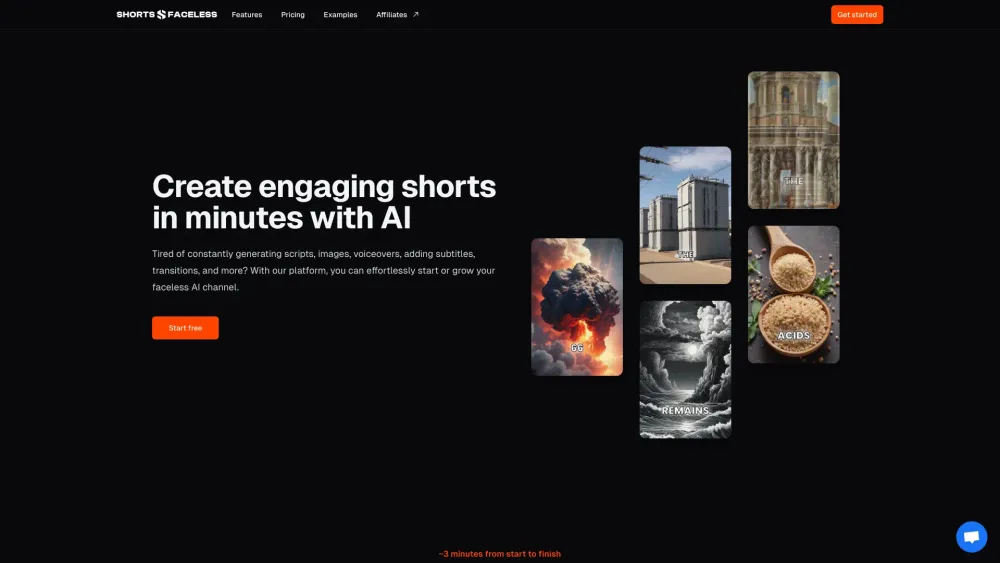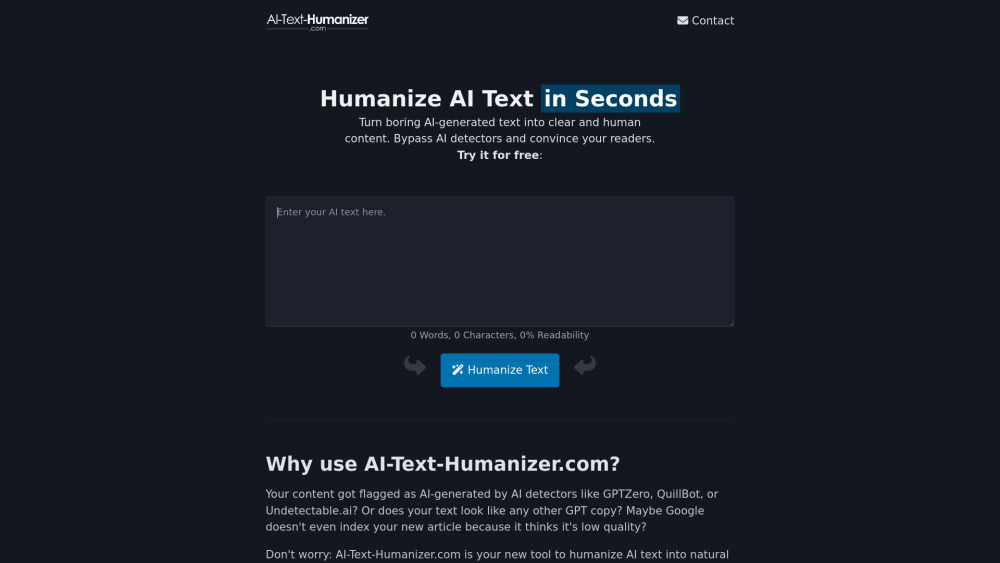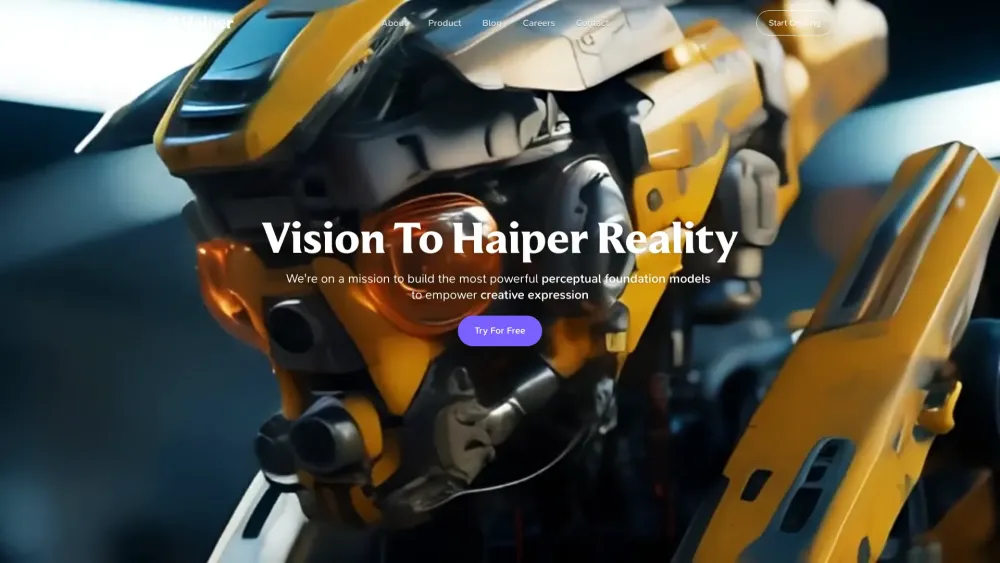"Microsoft Unveils New Report on Responsible AI Initiatives and Innovations"
Most people like

In today's digital landscape, voice cloning and text-to-speech technology are transforming the way we create and consume audio content. This innovative platform allows users to generate lifelike voiceovers and engaging spoken narratives with remarkable efficiency. By harnessing advanced machine learning techniques, our solution empowers creators, businesses, and educators to produce high-quality audio that captivates audiences while saving time and resources. Explore how this cutting-edge technology can elevate your content strategies and enhance communication.

Create Engaging AI Shorts Effortlessly
Unlock the potential of AI-generated shorts with ease! Transform your creative ideas into captivating content in just a few clicks. Our user-friendly platform enables you to harness the power of artificial intelligence to produce high-quality shorts that engage your audience. Enjoy a streamlined process designed to enhance your storytelling while saving you time and effort. Start generating your unique AI shorts today!

Introducing an exceptional free tool designed to transform AI-generated text into authentic, human-like writing. Perfect for content creators, marketers, and anyone seeking to enhance the readability and relatability of their AI content. Discover how this tool can elevate your writing today!

In the rapidly evolving landscape of content creation, Perceptual Foundation Models are emerging as a groundbreaking tool. These advanced AI-driven models are designed to enhance user engagement and streamline the creative process, allowing content creators to produce high-quality material more efficiently. As we explore the significance of these models, we’ll uncover how they revolutionize the way we approach digital content, offering unmatched potential for innovation and creativity.
Find AI tools in YBX
Related Articles
Refresh Articles
